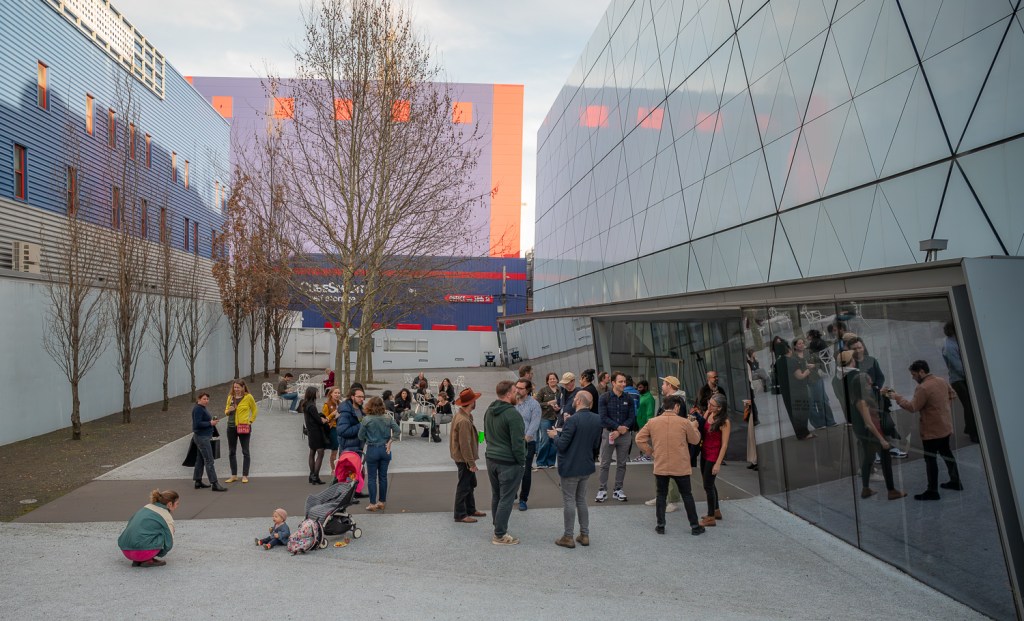Flushing may soon be getting a little more sun.
A class of graduates and undergraduates from Queens College presented a research project on the benefits of a potential plan to allow Flushing to rely on solar energy.
The main focus of the 14-week-long study was to educate merchants, schools, landlords and homeowners on the benefits of using solar energy panels to generate electricity.
On Friday, June 1, students gave the presentation at the Flushing branch of the Queens Library.
Their research cites the “rooftop revolution” that Manhattan Borough President Scott Stringer has advocated to implement, an initiative where schools in the city would be fitted with solar panels to generate electricity. Stringer’s plan could create up to 5,000 new jobs.
“We’re trying to convince business owners as well as property owners that conserving energy is really important for the long term,” said Sarah Salama, a first-year graduate student studying urban affairs at Queens College. “Flushing residents have used the least amount of electricity; that shows that they understand the value of conservation,” she said, citing the neighborhood’s low rate of electricity usage compared to other neighborhoods in Queens.
“Carbon emissions are inflating due to transportation and energy use. If we don’t switch now [to solar energy], it could be detrimental in the future,” said Brandon James, a junior undergraduate at Queens College.
“What would be ideal is if elected officials would take a look at our recommendations and support the Solar Jobs Act,” said Tarry Hum, an associate faculty member in the Department of Urban Studies at Queens College, and professor of the class.
In attendance was John Choe, director of One Flushing, a community economic development initiative. Choe and One Flushing collaborated with the class in their research and community outreach efforts.
“There’s a perception out there that solar panel energy is prohibitively expensive. There are resources at the city, state, and federal level that can help fund and lower the initial up-front cost [of solar panels],” said Choe. “You can actually save money long term, but these incentives will not last forever,” added Choe.

































